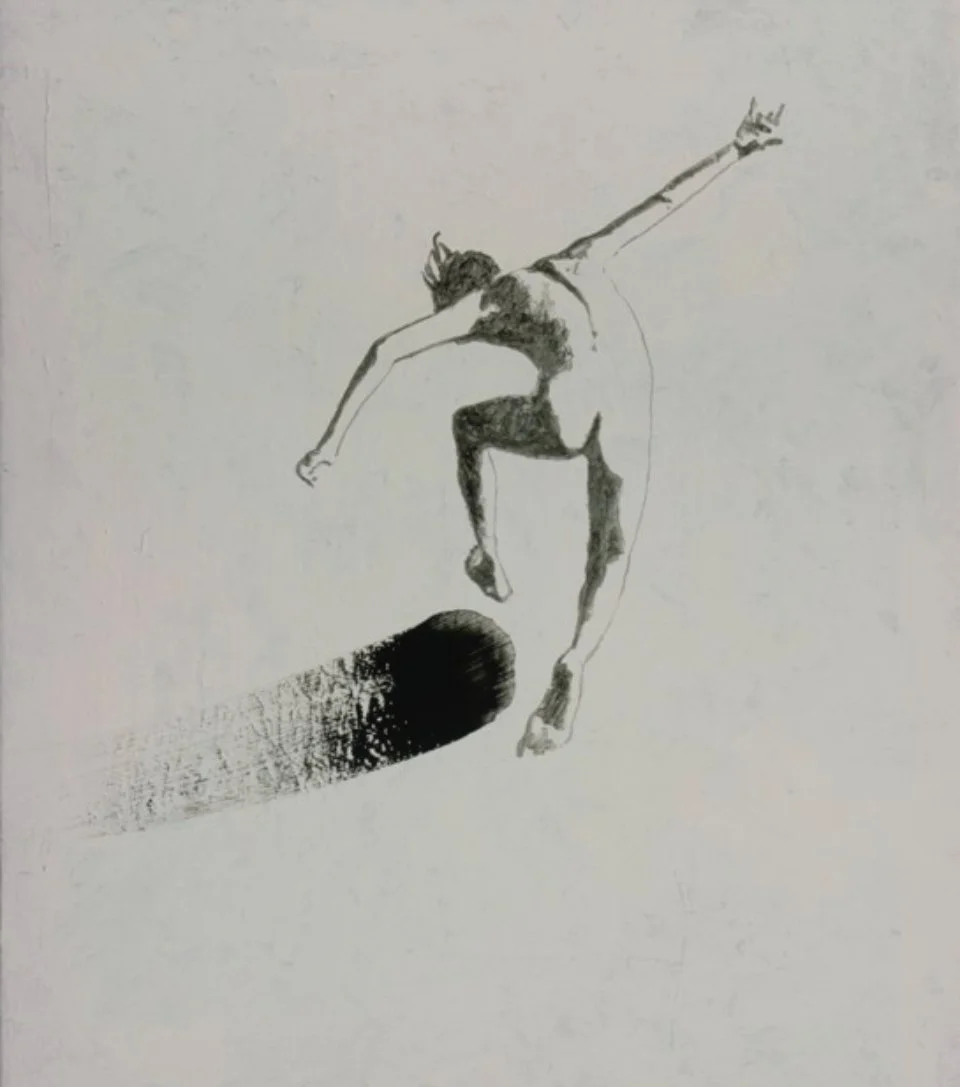Breath – The Bridge Between Control and Surrender
Breath is magic because it exists in the liminal space between the conscious and the unconscious. It is the quiet rhythm of our existence, a pulse that persists whether or not we give it a thought. We can take control of i by slowing it down, speeding it up, holding it in anticipation, or releasing it in relief, but even when we forget about it entirely it carries on. Breath is the proof that we are both architects and passengers of our own lives.
This duality mirrors so many aspects of the human experience. We live in constant negotiation between control and surrender, choice and inevitability, intention and instinct. Our days are filled with deciding what to say, where to go, and how to react. But beneath those choices hum the deeper currents of circumstance, biology, and time, moving us forward whether we participate or not.
The Dance of Effort and Ease
Consider creativity. Like breath, inspiration can be summoned with effort, but it also arrives unbidden in the quiet moments when we aren’t chasing it. The best ideas often emerge in the spaces between conscious thought, like exhalations after a deep inhale of effort. To be creative is to learn when to force and when to flow, when to inhale structure and when to exhale trust.
In love, as well, we can choose to show up, to be present, to communicate, to give, to try. But love is also a force that exists beyond effort, a rhythm that carries us even when we aren’t actively shaping it. The deepest connections, like the most natural breaths, don’t have to be forced. They happen in the spaces where we stop trying so hard.
Control, Fear, and the Release of the Exhale
Breath also teaches us about fear and control. When we are anxious, our breath shortens, tightens, becomes jagged. We try to hold on, as if clenching against life’s inevitable uncertainty. But the body reminds us: exhale. Let go. No breath can be held forever. Control, when overextended, becomes suffocation.
This is true in so many ways. We can micromanage our work, our relationships, our futures, but at some point, we must let go and allow life to happen. The paradox is that in the letting go, we often find the peace, clarity, momentum that we were grasping for in the first place.
The Breath of Change
Breath is also the metaphor for transformation. The inhale is the beginning: the intake of the new, the readiness to expand. The exhale is the release: the letting go, the trust that we can empty ourselves and still be refilled. Every breath cycle is a lesson in renewal, a reminder that we are meant to change, to move, to not cling too tightly to any single moment.
Life itself is one long breath: we are born with an inhale, and we leave with an exhale. Everything in between is the space where we shape, surrender, strive, and soften.
A Living Meditation
If we ever need a reminder of how to navigate life, we can turn to breath. When we feel lost in our own heads, we can focus on the inhale and exhale, remembering that balance exists between action and trust. When we feel overwhelmed, we can slow our breath, signaling to our nervous system that we are safe. When we feel stuck, we can observe our breath’s natural rhythm and recognize that even without effort, movement continues.
Breath is life’s quiet teacher, always with us, always ready to show us the way. And in its simple, involuntary magic, it whispers a truth we often forget: we are both the doer and the done-to, the maker and the made, the force and the flow.
All we have to do is breathe.

